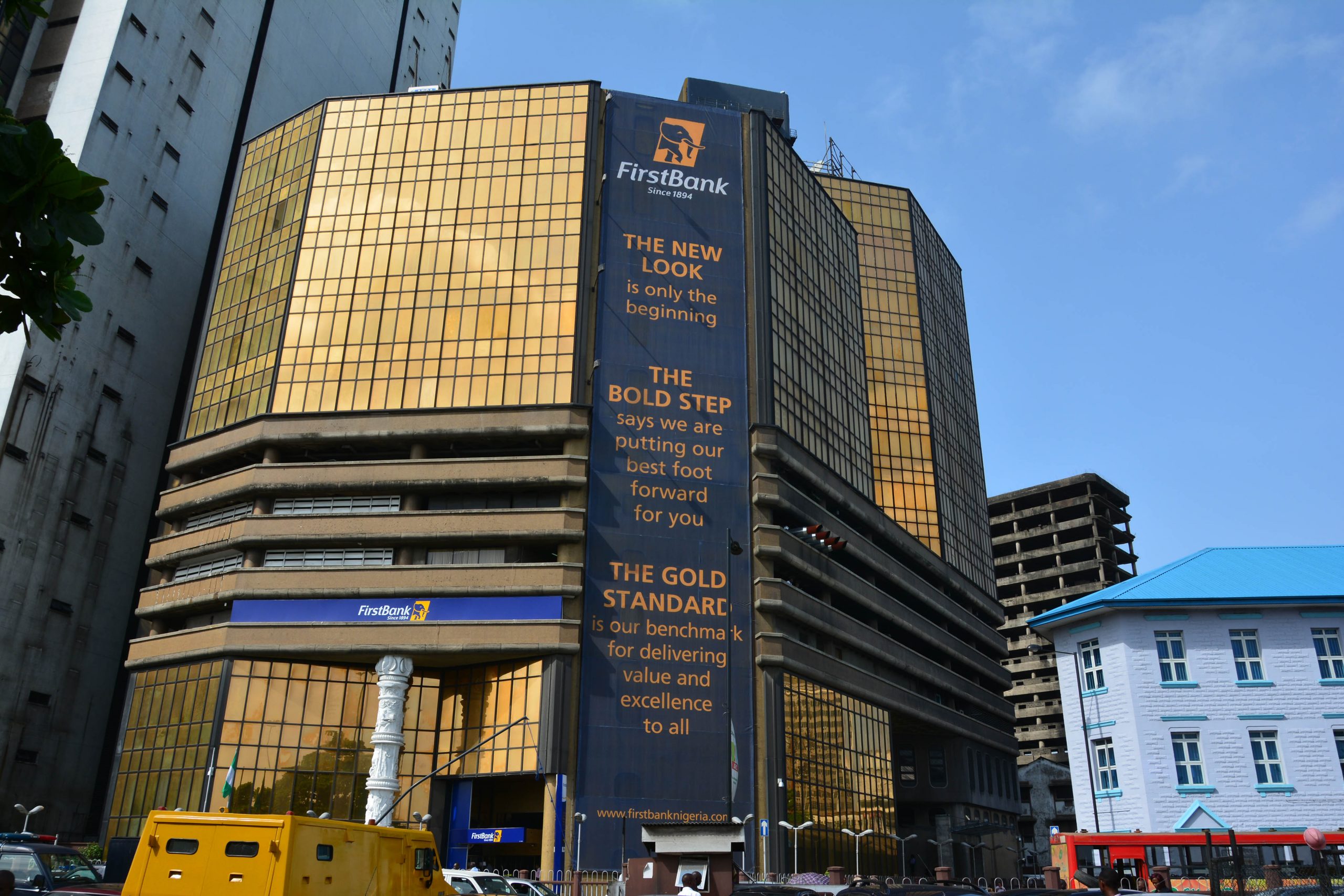The failure of the Federal Government to renew the Crude-for-Naira agreement between NNPC Limited and Dangote Refinery, coupled with rising global crude oil prices, is expected to push petrol pump prices higher across Nigeria in April and beyond. The six-month agreement, which expired in March, allowed NNPC to supply crude oil to the 650,000-barrel-per-day Dangote Refinery with payments made in Naira.
Initially introduced to stabilize petrol prices, the agreement helped reduce fuel costs from over N1,000 per litre to around N820, depending on location. However, following the expiration of the deal, Dangote Refinery announced two weeks ago that it would halt the sale of petroleum products in Naira to the domestic market. This decision has raised concerns about an imminent increase in petrol prices.
Recent data indicates that pump prices have already risen across the country, with new rates reaching as high as N960 per litre, according to a price list obtained from MRS Oil and Gas. Private oil depots have also adjusted their rates to N900 per litre, up from N890 per litre, due to escalating global crude oil prices and other market factors.
The adjustments, effective from March 28, 2025, show varying prices across regions. In Lagos, petrol is now selling at N930 per litre, while South-West states like Ogun, Oyo, Osun, Ekiti, Kwara, and Ondo are paying N940 per litre. In the South-South and South-East, prices have climbed to N960 per litre. Northern states such as Abuja, Kaduna, Benue, Kogi, Niger, Sokoto, Kebbi, and Nasarawa are paying N950 per litre, while Zamfara, Kano, Jos, Bauchi, Taraba, Adamawa, Borno, Katsina, Jigawa, Gombe, and Yobe now pay N960 per litre.
According to independent checks, Dangote Refinery has ceased truck loading under the Naira-for-Crude programme. Instead, it is now prioritizing ship-based lifting at dollar rates to cover costs, as most of its crude oil is sourced in dollars from the international market. This shift has further fueled concerns of rising petrol prices.
Petroleum marketers have warned that unless the Federal Government intervenes, pump prices will continue to climb. The Public Relations Officer of the Independent Petroleum Marketers Association of Nigeria (IPMAN), Chinedu Ukadike, said, “The pressure on the dollar will increase because it has become the means of exchange. Marketers will begin to sell petrol at filling stations in dollars. And this will have a negative impact on the prices of petroleum products across the country.”
Oil marketers, including MRS and Ardova, are already experiencing challenges due to increased supply costs. The platform PetroleumPriceNG stated, “Private depots have raised their prices to N900 per litre, and independent retail outlets are selling between N930 and N950 per litre. The inability of the federal government to resolve all issues that hinder the execution of the Naira-for-Crude policy will keep petrol prices rising.”
The Major Energies Association of Nigeria (MEMAN) has also reported an increase in the landing cost of imported petrol, rising from N797 per litre last week to N885 per litre. “As the market stabilizes, challenges will arise. But with robust regulation, industry collaboration, and public transparency, Nigeria can fully realize the benefits of this transformation,” MEMAN noted in its daily energy bulletin.
The increase in fuel prices is expected to have a ripple effect on transportation fares and the cost of goods and services. Billy Gillis-Harry, President of the Petroleum Products Retail Outlets Owners Association of Nigeria (PETROAN), remarked, “Some have the resources to buy in dollars, but others do not. This means the supply of petrol to the domestic market on a sustainable basis is at risk. The upward adjustment of petrol prices will impact transport fares, food, clothing, and other basic necessities.”
Dr. Muda Yusuf, CEO of the Center for the Promotion of Private Enterprise (CPPE), highlighted the economic risks of rising fuel prices. “Energy prices play a crucial role in inflation. Once petrol prices rise, the cost of production and distribution will also increase, impacting welfare, poverty, and investment profitability,” he said. Yusuf added that global factors such as the Russia-Ukraine conflict and tensions in the Middle East also influence market dynamics.
IPMAN’s National Public Relations Officer, Okanlawan Olanrewaju, has urged the government to revive the Naira-for-Crude programme. “The programme helped stabilize the sector by allowing marketers to buy directly from refineries. Without it, importation will rise, middlemen will return, and hoarding could become an issue,” he warned.
















